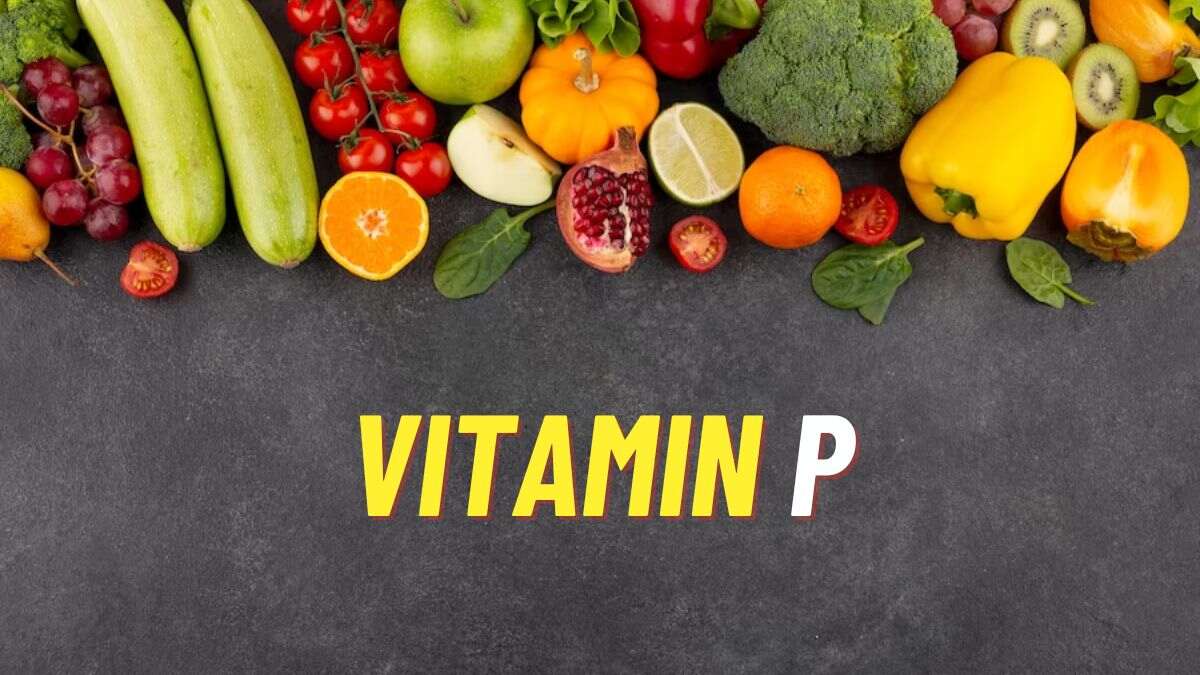When asked, "What is your favorite food?" almost everyone can name at least one item.The reason for this is obvious: people are hardwired to feel good when they eat. Indeed, for a vast number of people, food is one of life's greatest joys!
Enjoying one's food has several health benefits, and it also makes mealtimes more pleasant. There are several benefits to eating slowly, including better digestion, a healthier connection with food, and the ability to overcome eating disorders.
Depending on your situation, having enough "vitamin P" could be as crucial as what you eat. Continue reading to explore the delicious reasons why eating brings joy.
The Psychology Behind Eating For Pleasure

For years, researchers have studied the science behind eating for pleasure. Their findings are intriguing and largely encouraging. Physiologically, the pleasure people derive from food occurs both in our mouths and in our brains.
“Pleasure of any kind, including pleasure from food, leads to a release of dopamine in the brain,” explains therapist, dietitian, and Certified Body Trust provider Aleta Storch, RDN, MHC, of Wise Heart Nutrition and Wellness.
“Dopamine is often referred to as the ‘feel good hormone’ because it activates the reward pathways in the brain, which helps to promote happiness, calmness, motivation, and focus,” she says.
In fact, some older 2011 research Trusted Source indicates that people with obesity may have disrupted dopamine sensitivity, leading them to overeat to achieve adequate pleasure from food.
When brain chemistry is working properly, however, our enjoyment of food can lead to physical benefits.
Read also:
- 6 AMAZING YOGA POSES TO TREAT EPILEPSY
- WHAT IS EMOTIONAL WELL-BEING? WAYS TO IMPROVE
- WHAT IS THE DIFFERENCE BETWEEN MENTAL HEALTH
- FOOD ALLERGY TREATMENTS AND NATURAL REMEDIES.
The Emotional Nourishment Of The Foods We Eat
Mealtimes would be pretty boring if food was just fuel. Eating casts a wide net across the human experience, from bringing us together with loved ones to connecting us to our cultural heritage.
In short, food is emotional as well as physical nourishment. Here are some of the ways enjoying food can feed your spirit.
Food Enjoyment Increases Social Connection
What’s a party or family gathering without something to munch on As people enjoy meals with others, it often contributes to an increased sense of happiness, according to a 2015 studyTrusted Source on Thai social communities.
Food Enjoyment Offers Physical And Emotional Comfort
Warm chicken soup when you’re sick, a pasta that reminds you of your grandmother, or the favorite dessert that always seems to hit the spot: foods like these have a way of lifting our spirits and soothing our bodies.
“Sometimes food even offers comfort at the end of a challenging day, which many people associate as negative emotional eating,” says Anzlovar. “But when we allow ourselves to connect with the food and enjoy it, there are many benefits.”
Food Enjoyment Breaks The Hold Of Diet Culture
Diet culture has multiple definitions, but one hallmark of this societal-level messaging is that you have to say no to foods you love, especially if they’re high in calories or fat.
Choosing to mindfully enjoy what you eat helps break this harmful mentality. “When all foods are allowed without rules—including the most delicious ones, the body learns to trust that it will get what it needs,” says Storch.“Creating permission for these foods that have been labeled as ‘bad’ or ‘off-limits’ is an important step in the healing process, and can help someone to feel more peace, confidence, and freedom around food.”
Read also: 8 FOODS THAT WILL NATURALLY HELP YOU DETOX.
Food Enjoyment Connects Us With Our Cultural Heritage
For decades, researchTrusted Source has demonstrated that a sense of belonging is vital to mental health. What more beautiful place to experience belonging than within your family or cultural heritage?
Here’s where food enjoyment could play a major role. “Culture and tradition serve as a form of connection with others and ourselves,” says Storch. “Restricting or denying foods that promote connection can lead to disengagement and loneliness. By omitting cultural foods, we are saying not only that the food is ‘bad’ but that the underlying identity associated with the food is ‘bad.’”
Embracing these foods could ultimately create a sense of freedom and belonging that elevate your mental health.
Eating For Pleasure Vs. Emotional Eating
You’ve probably heard that emotional eating isn’t ideal. Turning to food to deal with difficult emotions like stress, anger, or sadness often results in mindless consumption and creates a fraught relationship with food. That said, it’s understandable if you’re wary of the idea of eating for pleasure.
Fortunately, emotional eating and eating for pleasure differ in both their intent and their outcomes. “Emotional eating is when people are using food as a way to cope with both positive or negative emotions,” says Anzlovar. “Eating for pleasure is choosing a food to specifically enjoy its taste, texture, and experience, such as when you go out for an ice cream cone in the summer or eat an apple straight from the tree at an apple orchard.”
Another major distinction between these two behaviors is the connection you feel toward your food. “Often, though not always, there is a lack of connection or disassociation with the food when people emotionally eat,” Anzlovar explains. “When eating for pleasure, there’s usually a true connection and enjoyment that you are getting from the food.”

